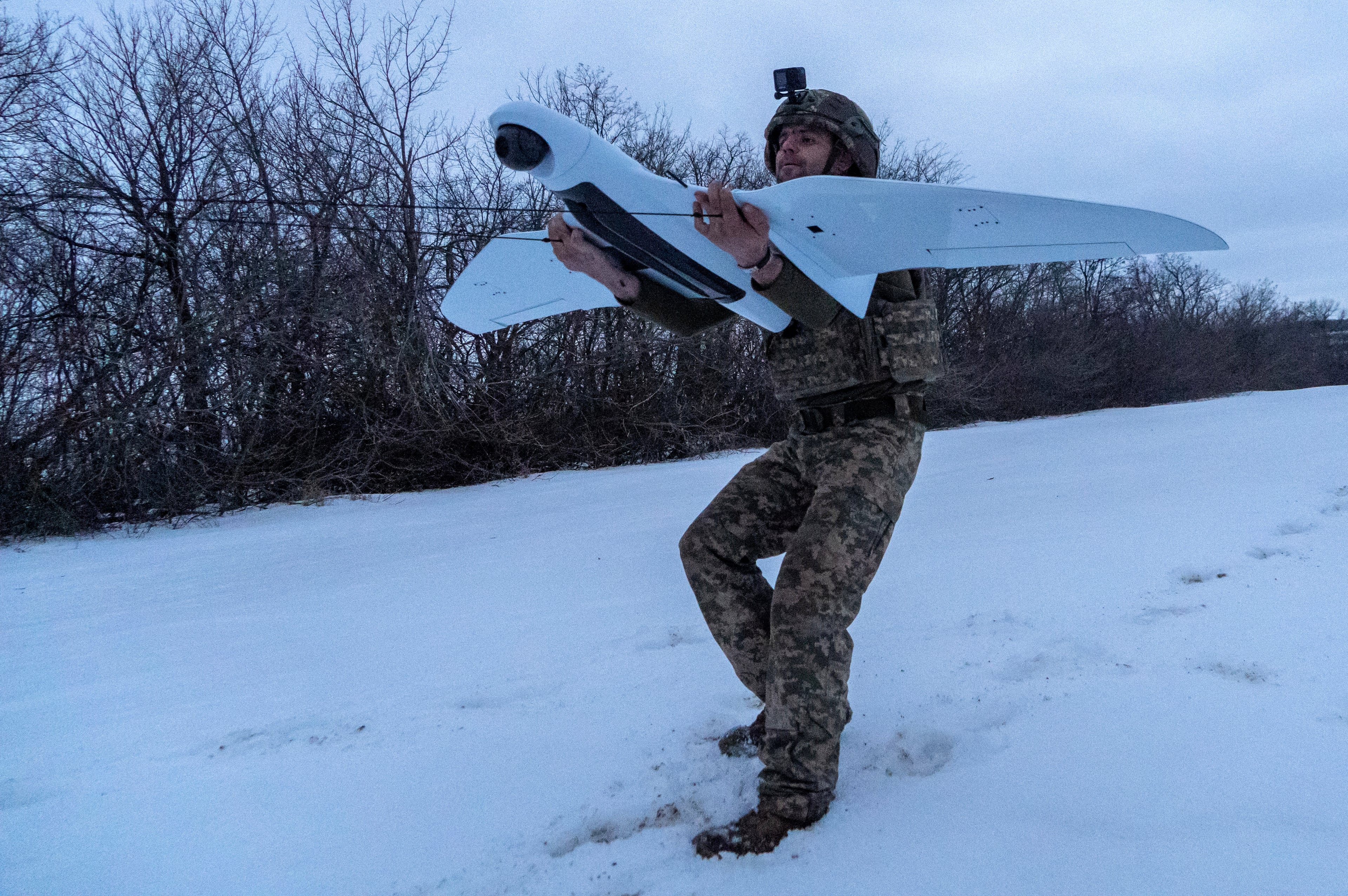Jury selection begins in Zimmerman trial
On the first day of his trial Monday, George Zimmerman got a look at the people who might decide whether he committed second-degree murder when he fatally shot 17-year-old Trayvon Martin.
The first group of 100 potential jurors filled out questionnaires about themselves and their ability to serve on the jury, as prosecutors and defense attorneys sought to find six objective members and four alternates. In Florida, 12 jurors are required only for criminal trials involving capital cases, when the death penalty is being considered.
Zimmerman was present in the jury holding room as his defense attorneys and prosecutors introduced themselves to the potential jurors.
Attorneys from both sides then leafed through the questionnaire responses in the courtroom.
The selection of jurors who both the prosecution and defense believe can be objective in the highly publicized case is expected to take all week, if not longer. The judge has said she will keep the identities of the selected jurors anonymous, but she rejected a defense request to sequester the entire jury pool of 500 residents.
Prosecutors and defense attorneys asked prospective jurors what they had heard about the case on television, in newspapers and on the Internet. A woman in her 50s who watches TV games shows said she believed she could be unbiased even though she knew some basic facts of the case. Another woman in her late 30s, who recently moved from Chicago and works in a nursing home, said she had only a passing familiarity with the case — mainly images she saw of people wearing T-shirts with Martin’s face on them.
“I really don’t know anything about the case,” said the woman, known as Juror B29. “But I believe at the end of the day, you have to listen to both sides.”
Judge Debra Nelson said the jury selection would alternate with the continuation of a hearing to determine whether she will allow the testimony of voice-recognition experts who say they might be able to identify who was screaming on a 911 tape recorded during Zimmerman’s confrontation with Martin.
In her first order of business, Nelson denied a request by defense attorney Mark O’Mara to delay the trial because he needed several more weeks to prepare.
O’Mara blamed prosecutors for a delay in turning over evidence and said he needed time to interview an attorney for Martin’s family. “We’re not fully ready and need more time,” O’Mara said.
Prosecutors opposed the request for a delay.
The trial was taking place in the Orlando suburb of Sanford, the scene of massive protests last year by people who were angered that police waited 44 days before charging Zimmerman. Other demonstrations were held around the country, and the case drew worldwide attention as it fanned a debate about race, equal justice under the law and gun control.
There is no dispute Zimmerman shot an unarmed Martin, 17, during a fight on a rainy night in February 2012. Prosecutors will try to show the neighborhood watch volunteer racially profiled the black teenager, while Zimmerman’s attorney must convince jurors Zimmerman pulled his 9 mm handgun and fired a bullet into the high school student’s chest because he feared for his life.
Zimmerman, who identifies himself as Hispanic, says he shot Martin in self-defense. If convicted, he could get a life sentence.
Under Florida’s “stand your ground” law, Zimmerman, 29, could shoot Martin in self-defense if it were necessary to prevent death or great bodily harm. O’Mara previously decided not to invoke a “stand your ground” hearing in which a judge alone would decide whether to dismiss the case or allow it to proceed to trial.

